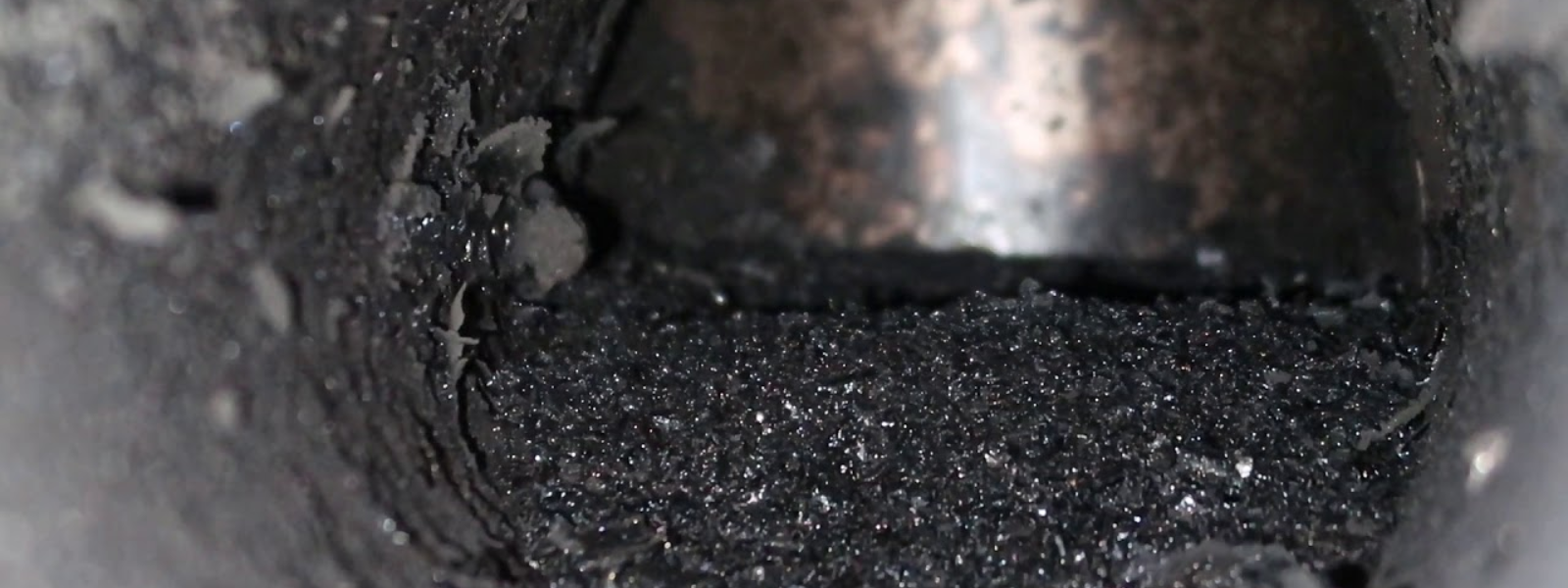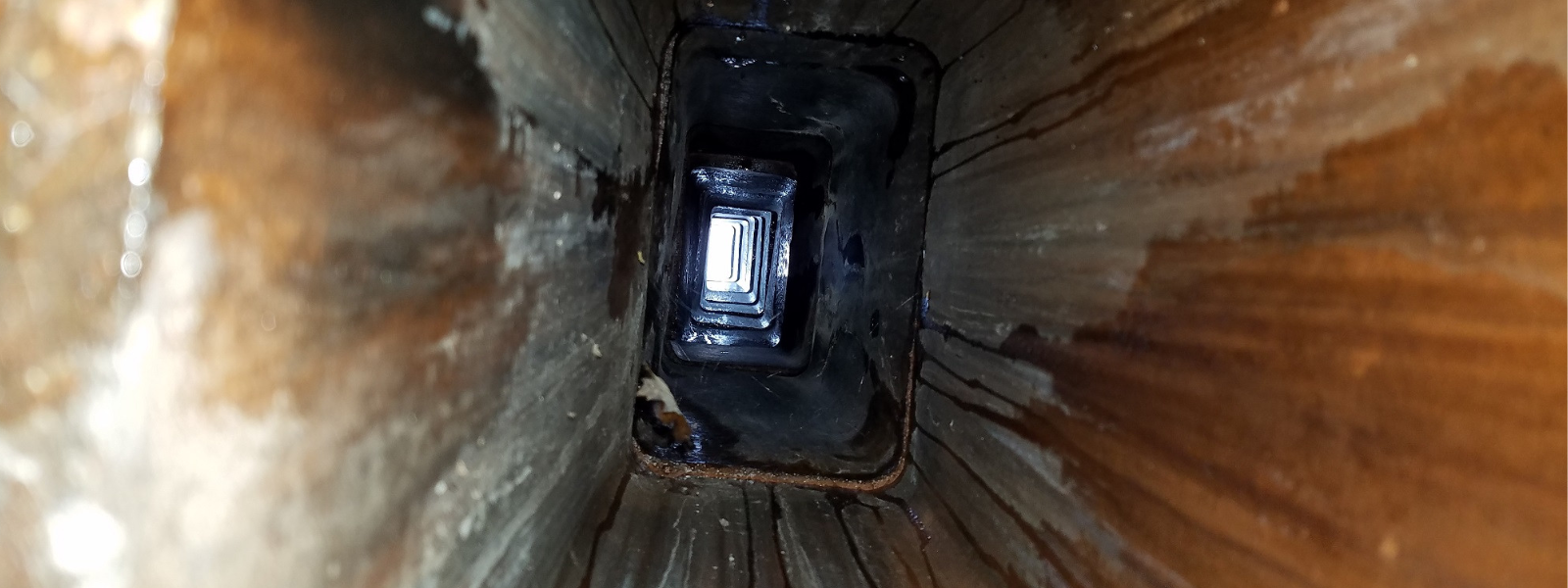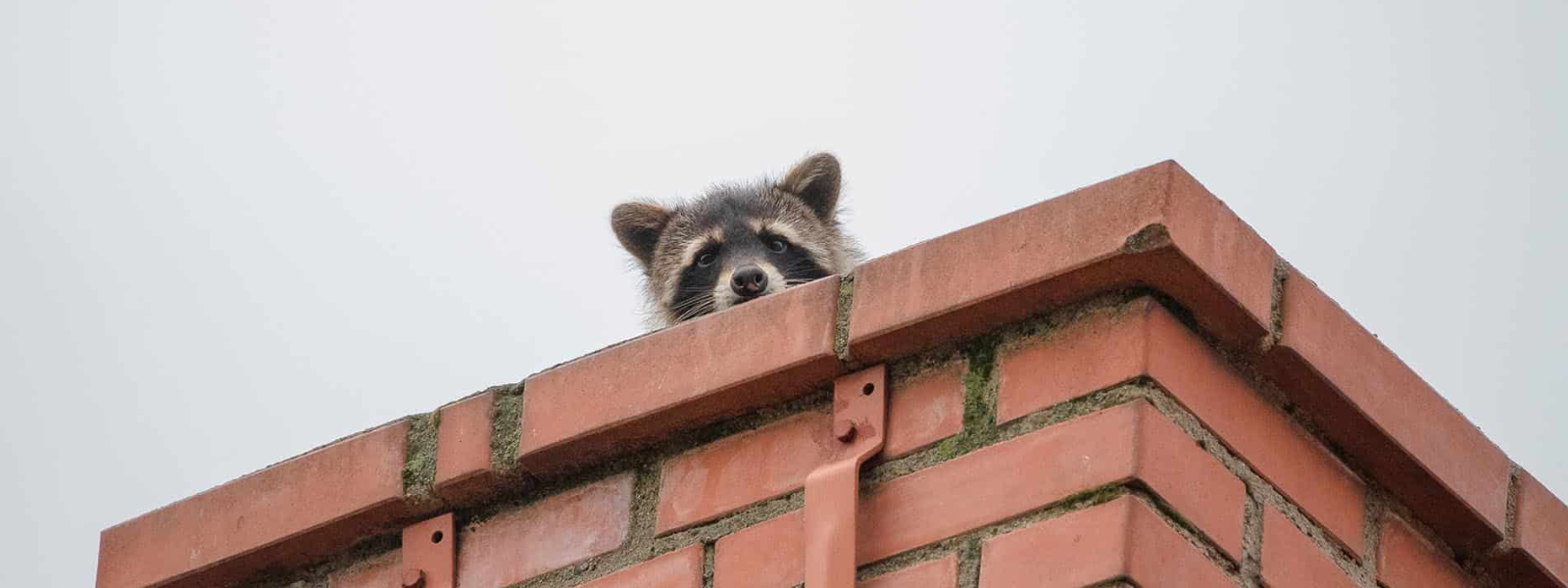5 Key Causes of Chimney Odor Understanding and Resolving Unpleasant Smells

Introduction
The aroma of a warm fire can be comforting and nostalgic. However, when your chimney begins to emit unpleasant odors, it can turn your cozy haven into an unwelcoming space. Understanding the key causes of chimney odor is crucial in maintaining a pleasant and healthy home environment. In this comprehensive guide, we will delve into the five main reasons why your chimney might be giving off bad smells and provide effective solutions to resolve these issues.
1.Creosote Buildup: The Silent Culprit
Cause: The primary cause of chimney odors is creosote buildup. Creosote is a tar-like substance that forms when wood doesn’t burn completely. It accumulates on the chimney walls and can produce a strong, smoky odor, especially during humid days.
Solution: Regular chimney cleaning is essential. Hiring a professional chimney sweep annually can help remove creosote buildup and prevent the associated odors.
2.Water Intrusion: A Damp Dilemma
Cause: Water intrusion can lead to musty or damp smells emanating from your chimney. This usually occurs due to poor chimney maintenance, cracked chimney crowns, or damaged flashing.
Solution: Waterproof your chimney and fix any leaks promptly. Consider installing a chimney cap to keep rainwater out. Regularly inspect the chimney for signs of water damage and address them immediately.
3.Animal Nests: Uninvited Guests
Cause: Birds, squirrels, and other small animals often find chimneys a safe place to nest, which can lead to unpleasant odors, especially if animals become trapped or perish inside.
Solution: Install a chimney guard or cap to prevent animals from entering. If you suspect an animal has made its home in your chimney, call a professional to safely remove it and clean the area.
4.Negative Air Pressure: The Invisible Enemy
Cause: Modern homes are often tightly sealed, which can create negative air pressure inside, drawing outside air down the chimney and along with it, any existing odors.
Solution: Improve home ventilation and consider installing a top-sealing damper. This helps balance the air pressure and reduces the chances of odors entering your home through the chimney.
5.Mold Growth: A Hidden Health Hazard
Cause: Mold thrives in moist environments, and a chimney can provide the perfect breeding ground if there’s water intrusion. Mold growth in chimneys can produce a musty, unpleasant odor.
Solution: Address any water intrusion issues promptly. Professional chimney cleaning and inspection can identify and resolve mold problems.
Conclusion
Chimney odors can be more than just a nuisance; they can signal underlying issues that may require immediate attention. Understanding these five key causes of chimney odor and implementing the solutions provided can help ensure that your chimney remains a source of comfort and warmth, rather than a source of unpleasant smells. Regular maintenance and inspection by a professional are crucial in keeping your chimney functioning safely and odor-free.
Additional Tips:
Seasonal Considerations: Odors can be more prominent during certain times of the year, such as summer or rainy seasons. Adjust your maintenance schedule accordingly.
DIY Cleaning:For minor creosote buildup, consider using chimney cleaning logs as a temporary solution between professional cleanings.
Awareness and Education:Educate yourself and your family about the importance of chimney care. This knowledge can go a long way in preventing issues.
Professional Advice: Don’t hesitate to consult with a professional chimney sweep for personalized advice tailored to your specific chimney and home environment.
Remember, a well-maintained chimney not only keeps your home smelling fresh but also ensures the safety and efficiency of your fireplace or stove. Stay proactive and enjoy the comforting embrace of your fireplace without any unwanted odors.






I don’t think the title of your article matches the content lol. Just kidding, mainly because I had some doubts after reading the article.
I don’t think the title of your article matches the content lol. Just kidding, mainly because I had some doubts after reading the article.
Your point of view caught my eye and was very interesting. Thanks. I have a question for you.
Thanks for sharing. I read many of your blog posts, cool, your blog is very good.
Your article helped me a lot, is there any more related content? Thanks!
Your article helped me a lot, is there any more related content? Thanks!
Your point of view caught my eye and was very interesting. Thanks. I have a question for you.
Thanks for sharing. I read many of your blog posts, cool, your blog is very good.
Thanks for sharing. I read many of your blog posts, cool, your blog is very good.
Okay, found yo88vina on this .info address. Wondering if it’s the same thing as the .com… Investigating for sure before I put anything down. Anyone got the scoop?
Been playing around on pub88bet for a bit now. They’ve got a pretty solid selection of games and betting options. The site loads fast, and I haven’t had any major issues. Worth a look if you’re searching for another good platform. Get in on the action at pub88bet!
Dug up f8bet2a. Seems pretty legit! Might be a good spot for some casual fun. Check it out and see what you think: f8bet2a
ffwin3, you say? Had a quick peek. Not bad, not bad at all. Worth a look if you’re hunting for something new. Check out ffwin3 and tell me what you think.
Can you be more specific about the content of your article? After reading it, I still have some doubts. Hope you can help me. https://www.binance.com/register?ref=IXBIAFVY
Can’t access YOLO247? No sweat! ‘yolo247mirror’ is your backup plan. Same great gaming, different link. Use it now with this link: yolo247mirror. Easy peasy!
Can you be more specific about the content of your article? After reading it, I still have some doubts. Hope you can help me.
Hey, I’ve been checking out dito777app and it’s pretty solid. Easy to navigate and seems like a good time. Check it out yourself at dito777app!
Hey, I’ve been checking out dito777app and it’s pretty solid. Easy to navigate and seems like a good time. Check it out yourself at dito777app!
Your article helped me a lot, is there any more related content? Thanks!
Just discovered gk999 and I’m kinda digging it. They’ve got a nice variety of options and it feels pretty legit. I’d recommend checking it out if you’re curious! Give gk999 a shot!
Kingfunapk is my new jam. The app is super easy to use and has all my favorite games. If you are looking for a quality gaming app, give kingfunapk a download!
Hey guys, recently found choangfun and boy do I love it. Great interface and great games, what more can you ask for. If you’re looking for something cool, give choangfun a try!.
365jlpg… hmmm, not bad at all! The graphics are sharp, and I appreciate the variety. Solid contender. Give it a shot here: 365jlpg
Alright, so I stumbled upon 63jl the other day. Not bad, not bad at all. It’s got a few quirks, but overall a solid experience. Give it a whirl and see what you think! 63jl
Alright lads, 4jljl caught my eye today. Not going to oversell it, but it’s pretty smooth and the layout is clean. Might be worth checking out when you’re bored. 4jljl
Thanks for sharing. I read many of your blog posts, cool, your blog is very good.
Can you be more specific about the content of your article? After reading it, I still have some doubts. Hope you can help me.